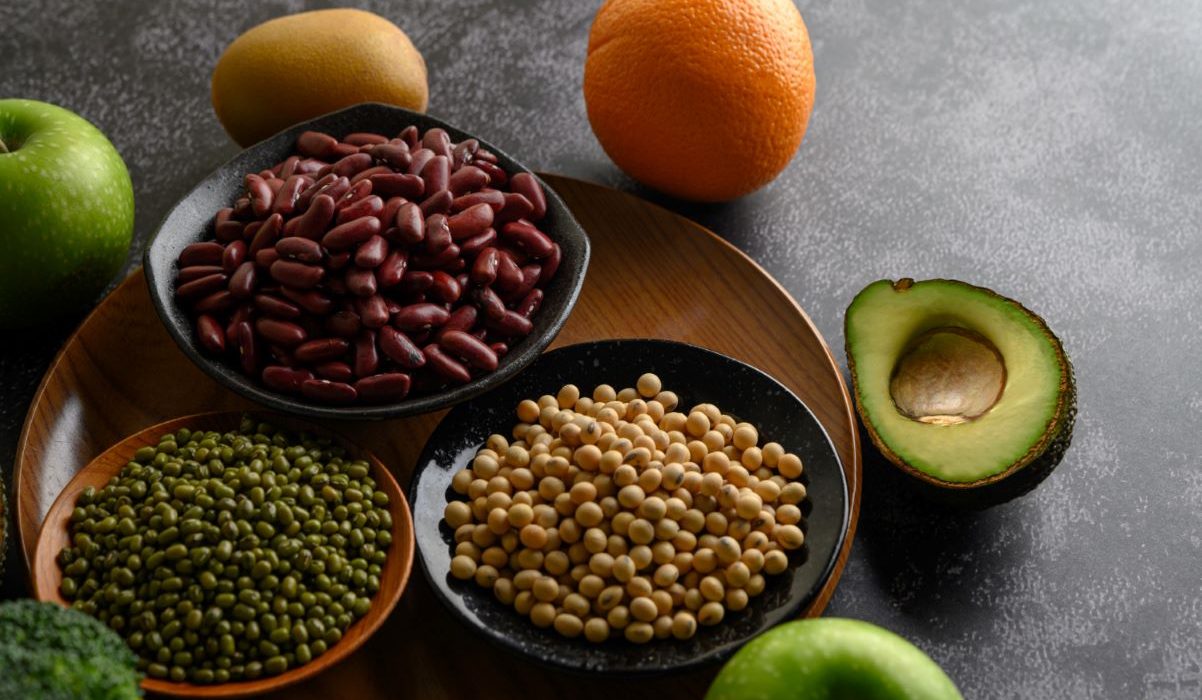Sri Lanka has lifted import controls on several key cereal grains, which had been in place despite increasing malnutrition and poverty resulting from a currency collapse driven by aggressive macro-economic policies.
Previously, Sri Lanka imposed controls on approximately 3,500 items, including various cereal grains, as part of a broader economic strategy. This strategy involved the central bank and Treasury economists cutting rates and expanding the money supply to stimulate economic growth, a practice later legalized under new monetary laws.
The recent decision to remove import controls affects grains such as black gram, green bean, and soya, which are rich in protein. However, import restrictions on maize remain in place due to economic nationalist policies, although maize is still permitted for use in Triposha, a nutritional supplement aimed at combating malnutrition among impoverished children.
Historical precedents show that import and price controls, similar to those imposed in the 1970s during the collapse of the Bretton Woods system, contributed to malnutrition and economic hardship. During that era, Thriposha production was initiated with international aid to address malnutrition issues.
The previous import restrictions had also led to increased fraud, particularly concerning ulundu (black gram), which is a staple for Sri Lanka’s Tamil community. The removal of these controls is expected to reduce customs fraud and improve access to essential food items for the country’s poor.
